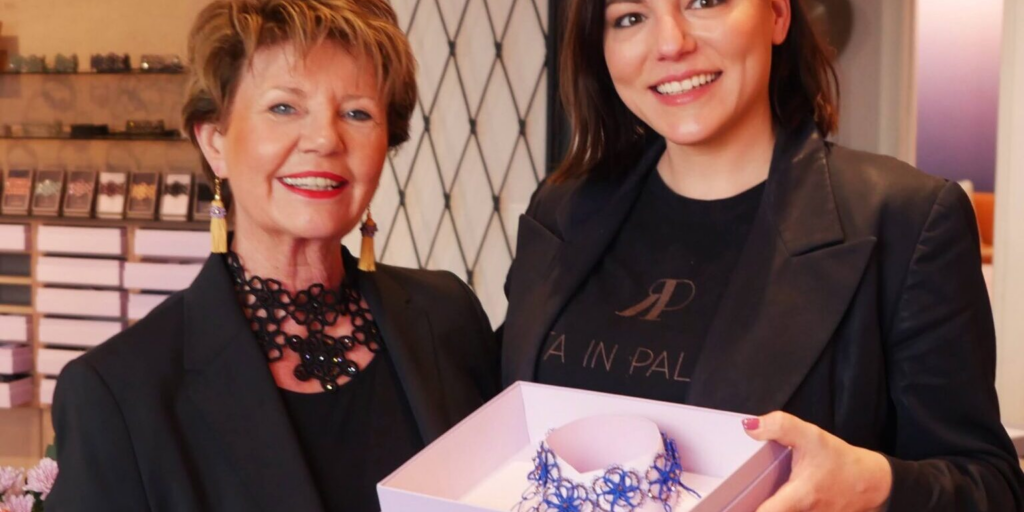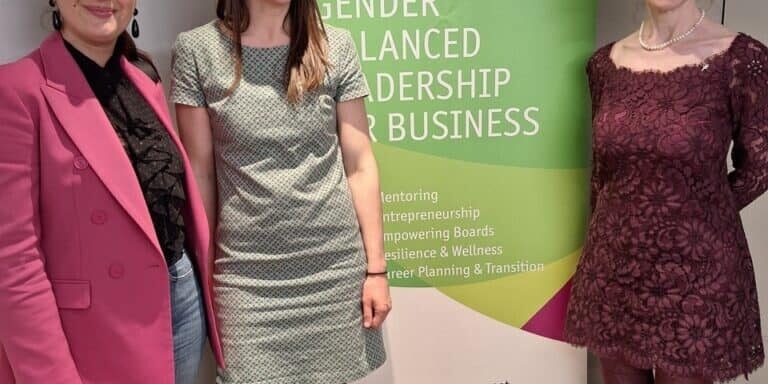What you can and must do to maintain and build mental resilience is told by Corinna Cremer, Member of Satellite Office.
A thought-provoking conversation with Corinna Cremer, Berlin-based entrepreneur. About dealing with self-imposed challenges but also with the less self-imposed crises we all know. Corinna Cremer has 25 years of professional experience, is a mother, pilot, author, speaker and adventurer. She advises and accompanies entrepreneurs and managers in dealing with challenges and crises. And Corinna Cremer is also a customer at Satellite Office. Since 2015, she has been based professionally at the Satellite Office in Berlin Mitte. She especially appreciates the flexibility of her workspace, needing both an individual office for deep working, but sometimes a team office for training and guiding her 6-person team, and often conference rooms or the fireside lounge for meetings and private coaching sessions. However, the most important thing for Corinna Cremer is the reliability, professionalism and also the warm personality of Satellite Office. According to the entrepreneur, these soft factors are also unique in an international comparison.
“The background noise of mental stress has become louder. However, we now know how each individual can improve their resilience,” reports Corinna Cremer.
Satellite Office: “What have you made your career?”
Corinna Cremer: “I was born into my vocation. In my own biography, I have had to overcome a number of strokes of fate, which has certainly brought me into this field. I studied business and psychology in the classical way. I have been interested in observing how people deal with challenges and what skills are needed to overcome crises all my life. This has led to the development of my own concept. When resilience research came out of the U.S. twelve years ago, I got a nice confirmation here.”
Satellite Office: “When did you start your company?”
Corinna Cremer: “I founded the company 20 years ago. The management issue of “crisis and challenges” was already there, but nowhere near as much as it is today. Economic issues are overtaking us, our Stone Age brains can’t keep up. It’s a selection process, the ones that stay healthy are the ones that take care of their mental health.”
Satellie Office: “What exactly is resilience?”
Corinna Cremer: “Psychology borrowed the word from craftsmanship. It refers to the property of a material to always return to its original state despite heat, cold, pressure or other effects. In our digital world, this is comparable to the “reset” button on the Comupter.”
Satellite Office: “Is it possible to measure resilience, or mental toughness?”
Corinna Cremer: “The degree of resilience can be measured by various means, such as imaging procedures, assessments or blood values. The “resilience factor” or “resilience quotient” is derived from this. This comes from the American area. In the U.S., managers are increasingly traded on this resilience factor. This is not yet – officially – allowed in our country. Currently, there is talk in Germany about a standardized metric. I am convinced that it can be done decently. Because ultimately, a value is also always a good motivation to be able to improve in a measurable way. I can finally improve and strengthen my resilience factor.”
Satellite Office: “Can you train it to become more mentally resilient and therefore more resilient?”
Corinna Cremer: “That is my appeal: train, take care of yourself! Because it’s so easy to measure, you can also see what’s happening. That is very motivating. Being calm and cool – that’s something you can train. But it’s about real coolness, where you can show emotion. And it will keep those healthy who take care of their mental state and train it. Composure is considered a characteristic of resilient people.”
Satellite Office: “What programs do you offer to entrepreneurs and businesses?”
Corinna Cremer: “Challenges and crisis situations bring new perspectives and opportunities. Enthusiastically, I therefore accompany teams and company managements in dealing with large projects such as realignments, restructurings, but also sudden operational accidents. New are the startups, before investors really invest the leadership is trained in resilience. This mission comes from the investors. It is too expensive to do otherwise. People have to be resilient to crisis, have to be able to deal with challenges. In my team we train resilience pilots in and for companies, they are used in crisis intervention and prevention in the same way. I do the strategic consultations in companies myself. The risk of suffering from depression, for example, is reduced by 82% if fates are caught and invested in such structures. There are standardized procedures for large companies to keep people healthy. And then there are the “shellboats”, like my company, where everything is individual and tailor-made. From individual entrepreneurs to large corporations, we serve the entire spectrum.”
Satellite Office: “So you strongly recommend exercising mental health as much as physical fitness?”
Corinna Cremer: “Absolutely! We like to be with people who are calm. Emotional intelligence is a big component. There’s a difference between being lively and alert and being nervous. Being level-headed, calm is important, otherwise neurologically you can’t make important decisions. You can achieve that through training. I can train my mental fitness, this concept is still new. Therefore, it has not yet arrived in everyday life. Regardless of status and intelligence, everyone can do something. Keeping track is important. My appeal to everyone: Take care of the issue! The gap in our society is currently between self-employed entrepreneurs and employees. Self-employed people cannot afford long absences due to illness, so they are pioneers in resilience training. Until there are consequences for employees whether they take care of their mental health or not, it will take time for mental resilience training to reach the general population.”
Thank you very much for the interesting interview, Corinna Cremer.
Webpage Corinna Cremer:










